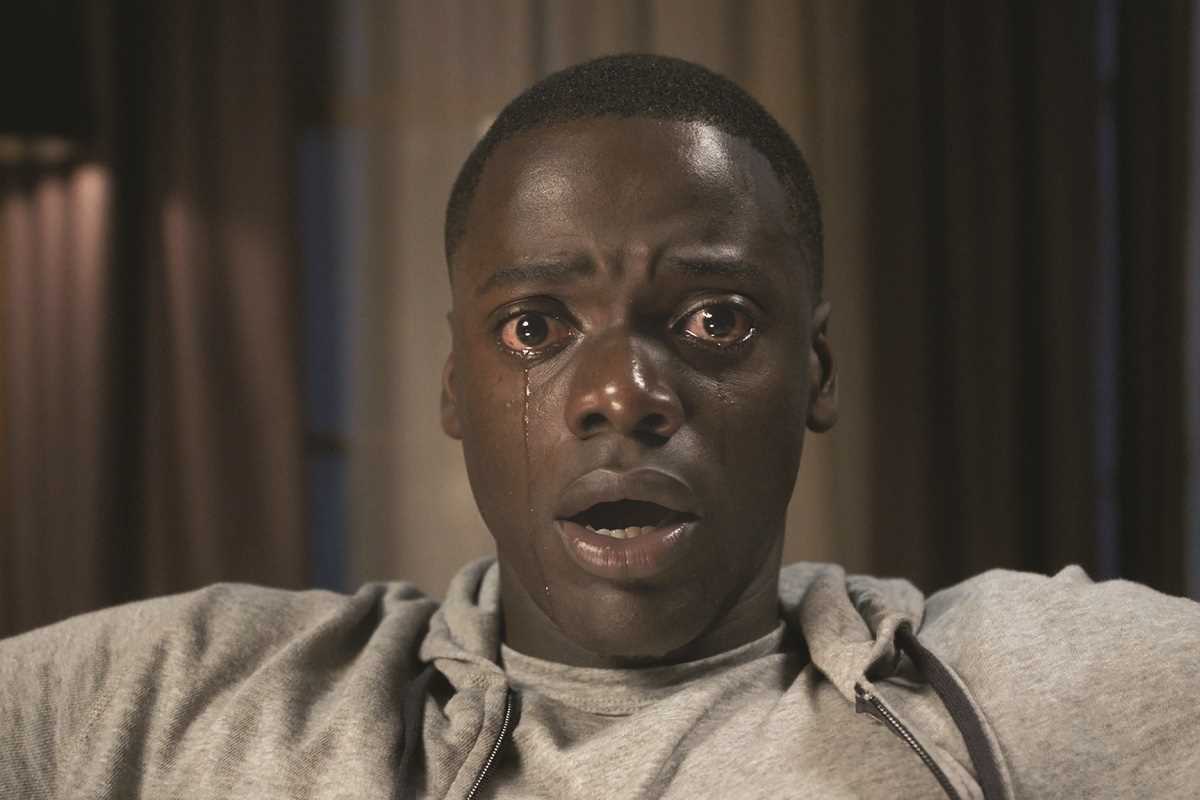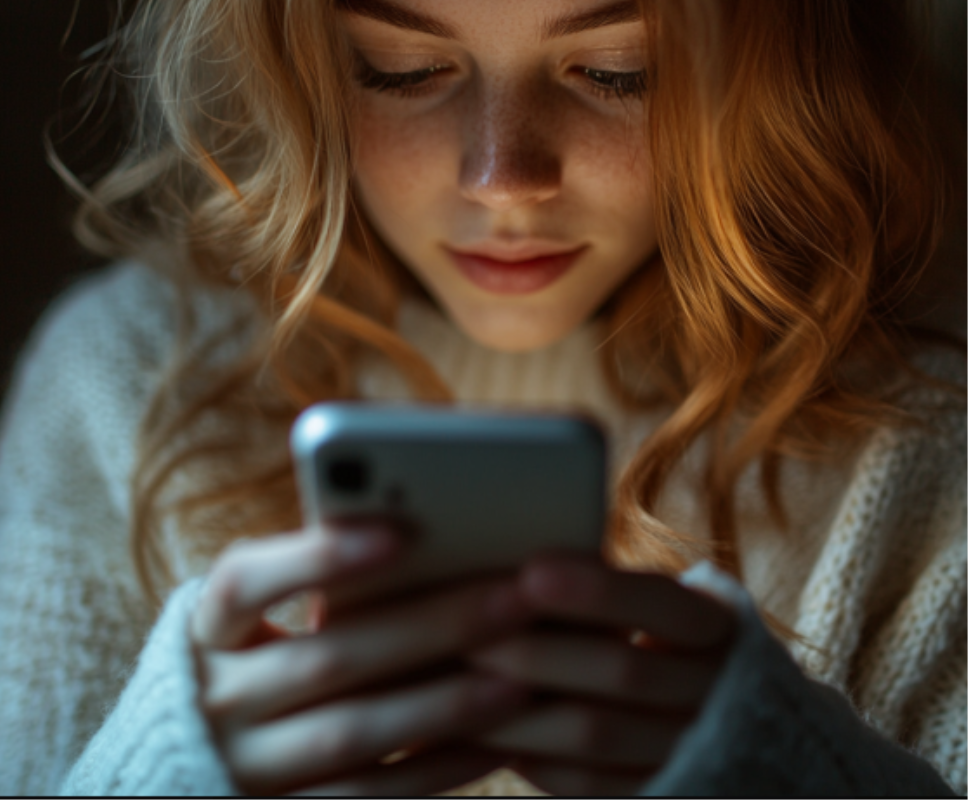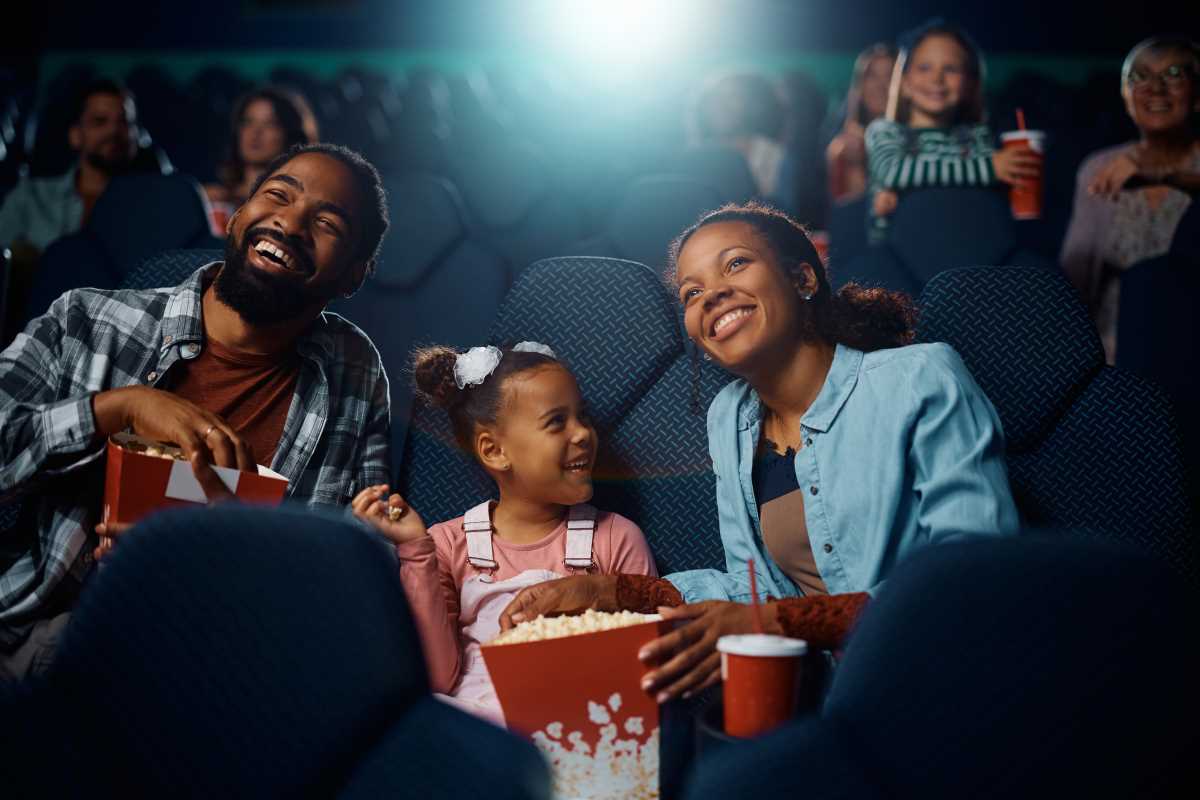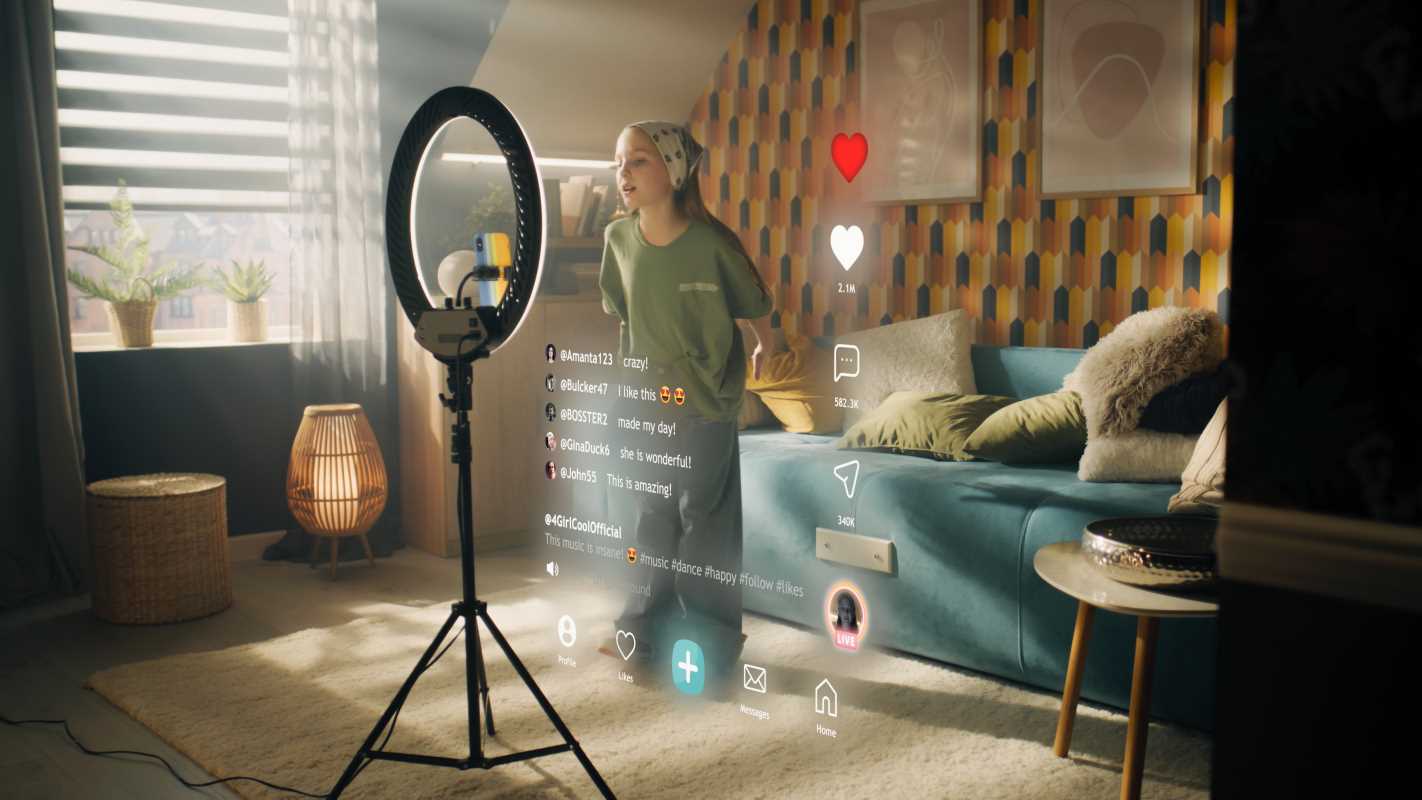Artificial intelligence (AI) is no longer a futuristic fantasy; it's rapidly reshaping the entertainment industry and revolutionizing how we create, consume, and experience media. From AI-generated music and deepfake actors to script-writing algorithms and personalized content recommendations, the influence of AI on entertainment is undeniable.
As a tech enthusiast, I'm excited about the possibilities, but I also recognize the valid concerns some have. Here. we'll explore how AI is transforming entertainment, highlighting both its exciting potential and the challenges it presents.
The Rise of AI in Entertainment
AI has infiltrated nearly every facet of entertainment, making waves in music, film, gaming, and even literature. What was once a niche tool used primarily for special effects is now becoming a creative force in its own right.
- Music: AI-generated music is no longer a novelty. Tools like OpenAI’s MuseNet and Google’s Magenta can compose entire symphonies in the style of Beethoven or generate pop hits reminiscent of modern artists. While some may argue that AI-generated music lacks soul, it's undeniable that these tools are capable of creating complex and compelling compositions. They can also be used to assist human composers, providing inspiration and helping to overcome creative blocks.
- Film: In filmmaking, AI is being used for a wide range of tasks, from enhancing visual effects and generating realistic CGI characters to even writing scripts. AI can help animators create realistic crowd scenes, assist with editing and color grading, and even generate dialogue. While some worry about AI replacing screenwriters, it's more likely that AI will become a tool for writers, helping them to develop ideas, explore different narrative paths, and even translate scripts into different languages.
- Gaming: The gaming industry has embraced AI with open arms. AI-driven procedural generation is creating expansive virtual worlds that would be impossible for human designers to create manually. Machine learning powers more intelligent and responsive NPCs (non-player characters), making game worlds more immersive and engaging. AI can also be used to personalize game experiences, tailoring the difficulty and storyline to each individual player.
- Literature: AI is even making inroads into the world of literature. While AI-generated novels are still a relatively new phenomenon, AI tools can assist writers with tasks like generating plot ideas, creating character profiles, and even editing and proofreading manuscripts. While some may fear that AI will replace human authors, it's more likely that AI will become a collaborative partner, helping writers to overcome creative blocks and explore new narrative possibilities.
Advantages
AI offers numerous benefits that make entertainment more accessible, efficient, and engaging:
- Faster Content Creation: AI speeds up production times by automating labor-intensive tasks. For example, AI can assist in editing footage, color grading films, and generating visual effects that would typically require hours of human effort. This allows creators to focus more on storytelling and artistry, freeing them from tedious and time-consuming tasks.
- Cost Reduction: By automating many aspects of production, AI reduces costs for studios and independent creators alike. AI voice synthesis, for instance, eliminates the need for costly re-recordings by generating realistic dialogue adjustments in post-production. This can make it easier for independent artists and filmmakers to bring their creative visions to life.
- Personalized Viewer Experience: Streaming services like Netflix and Spotify leverage AI to analyze user preferences and provide personalized recommendations. This enhances user experience and increases engagement and retention. AI can also be used to create personalized advertisements, targeting specific audiences with relevant content.
- Enhanced Creativity and Innovation: Rather than replacing human creativity, AI can act as a collaborative tool, offering fresh ideas, assisting with brainstorming, and suggesting improvements to scripts, music compositions, and artwork. AI can help artists explore new creative avenues and push the boundaries of their respective fields.
Downsides and Ethical Concerns
Despite its potential, AI in entertainment isn’t without its challenges. It's important to acknowledge and address these concerns to ensure that AI is used responsibly and ethically.
- Loss of Human Jobs: As AI takes over more creative tasks, many worry that traditional jobs—such as scriptwriters, composers, and even actors—may become obsolete or significantly altered. While AI-generated content is impressive, it still lacks the emotional depth and cultural nuance that human creators bring to the table. It's crucial to consider the impact of AI on the workforce and to develop strategies for retraining and upskilling workers who may be affected by automation.
- Authenticity and Originality: AI’s ability to mimic artistic styles raises questions about originality. If an AI-generated song sounds just like The Beatles, who gets credit? Should AI be seen as a tool or a creator in its own right? These are complex questions that the entertainment industry and legal system will need to address. It's important to protect the rights of human creators while also recognizing the potential of AI as a creative partner.
- Ethical Issues with Deepfakes and AI-Generated Performers: Deepfake technology, which uses AI to create hyper-realistic digital versions of real people, poses serious ethical concerns. Actors could be digitally resurrected without consent, and misinformation could be spread using fake videos of public figures. The industry must navigate these issues carefully to avoid exploitation and deception. Regulations and guidelines are needed to ensure that deepfake technology is used responsibly and ethically.
- AI Bias and Algorithmic Influence: AI is only as good as the data it’s trained on, which means biases can creep into entertainment algorithms. This can result in a lack of diversity in AI-generated content or reinforce harmful stereotypes in media. It's crucial to train AI systems on diverse and representative datasets to mitigate bias and ensure that AI-generated content reflects the diversity of the human experience.
AI isn’t replacing human creativity but rather enhancing it. While concerns about job displacement and ethics are valid, history shows that new technology often leads to new opportunities rather than the outright elimination of professions. AI will likely become an essential tool for artists, filmmakers, and musicians, allowing them to push creative boundaries and explore new storytelling methods.
.jpg)



.jpeg)
.png)
.png)
